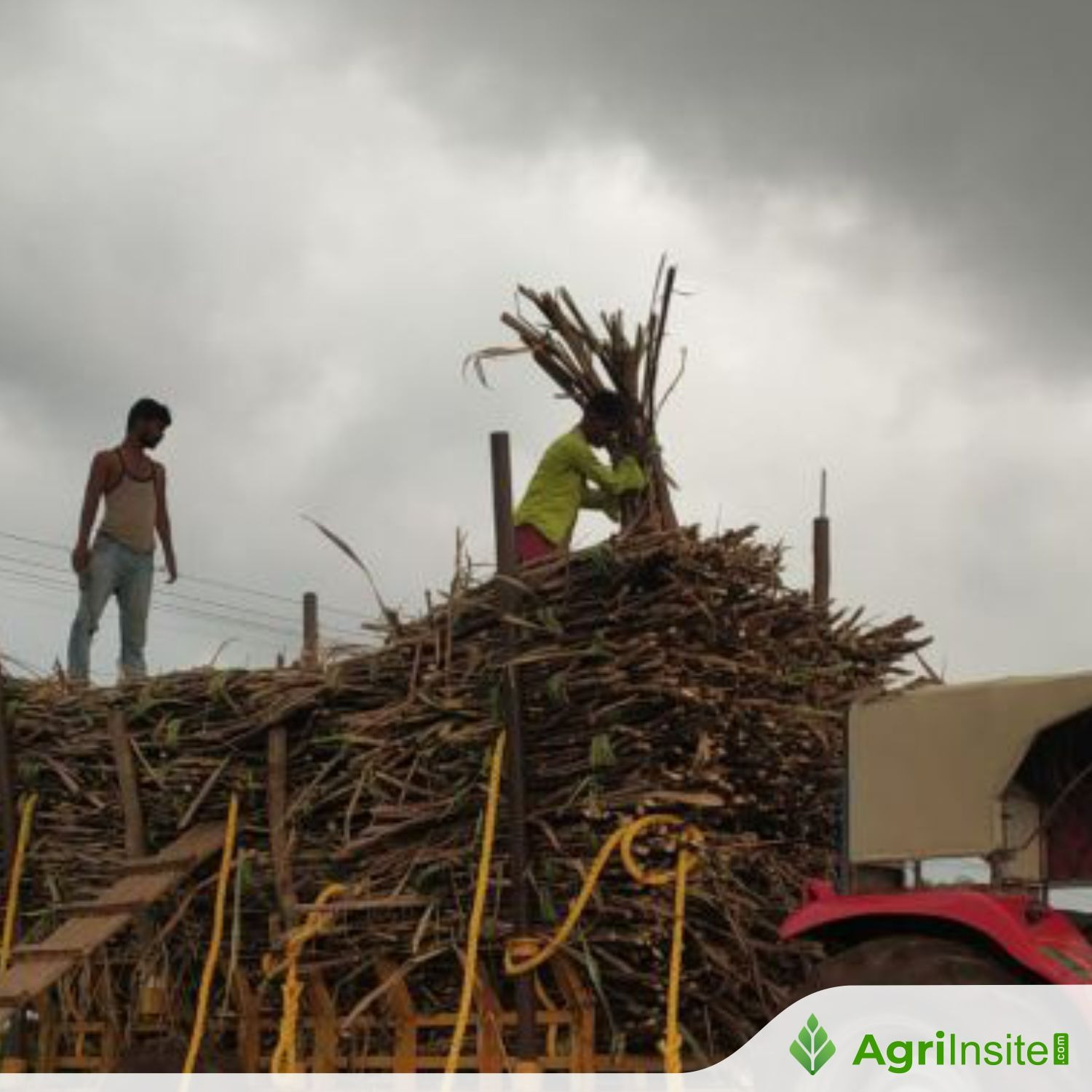In a first, US labour department links sugarcane harvesting in Beed to forced labour

A U.S. Department of Labor report has identified forced labor indicators in sugarcane harvesting in Maharashtra’s Beed district, citing issues like long hours and wage deductions. This claim has been contested by Indian stakeholders, including industry leaders and farm representatives, who argue that the report is based on incomplete information and misrepresents local practices.
A report by the United State government’s labour department, which has included sugarcane harvesting in Maharashtra’s Beed district under forced labour, has led to a strong reaction from stakeholders in the industry, who say it “has been drawn up on the basis of incomplete information”.
The report, industry stakeholders say, could see multinational companies with headquarters in the US think twice about dealing with sugar produced in the state.
Unlike the sugar industry in Uttar Pradesh or Karnataka, sugar mills in Maharashtra and Gujarat arrange for labour to harvest and transport cane from the fields. The harvesters are primarily from Beed, Ahmednagar, and some other districts in North Maharashtra. Mills contact the labourers through middle men called mugaddams.
After an advance is paid, the mugaddams provide labour to mills. And, when the final bill is settled with the farmers, a lumpsum is deducted in lieu of the service provided. It is this system, unique to Maharashtra, that has been termed as forced labour by the US department of labour.
The report – List of good produced by forced and child labour – released last month claims, “There are reports that adults experience forced labour in the production of sugarcane in India, primarily in the Beed district. Reports from NGOs and media organisations show that forced labour indicators such as involuntary overtime, unjustified wage deductions, degrading living conditions, and recruitment linked to debt are all common in the sugarcane sector.”
It further claims that “workers regularly work between 12 and 14 hours in the fields without rest, and some workers report working without days off for 3–4 months”.
This is the first time the report has mentioned the sugarcane industry in this context.
Beed has traditionally sent labour to harvest cane to various parts of the state – around five-six lakh men and women migrate from their homes at the start of each season, which lasts five-six months.
Since farmers tend their cane crops round the year and usage of labour is on a daily wage basis, the question of leaves or access to healthcare does not arise, stakeholders say.
Harshawardhan Patil, president of the National Federation of Coop Sugar Factories Ltd, called the report unfounded and mischievous. “In Maharashtra, the largest sugar producing state of India, there has been an age-old practice of manual harvesting and transporting sugarcane from farm to factory. This system entails minimum cut to crush time, helping highest sugar recovery. The skilled labourers are provided proper shelter, food, timely salary (decided by the labour board), education to their children, medical facilities and health insurance. Social welfare services like arranging group weddings are routinely done by sugar mills,” he said.
B B Thombare, chairman of the West Indian Sugar Millers Association, the apex body of private millers in the state, said the report does not portray the true state of affairs. “The report has been drawn up on the basis of incomplete information and we reject it,” he said.
Farm leader Raju Shetti said that a few months ago, he was visited by US-based researchers who wanted to understand how things work. “During the meeting, I talked about how I had proposed a private members bill to address the condition of harvesters. As a result of lobbying by people like me, the state government formed the cane harvesters welfare board, which was subsequently named after the late union minister Gopinath Munde,” he said.
Other than deciding the rate of harvesting, the board is entrusted with construction of hostels and looking after the health and educational needs of harvesters. “My advice to the US government is that they should leave the work of fighting for the rights of the downtrodden to people like us – we do not require their help or judgement,” he said.
While Dhananjay Munde, Maharashtra’s minister for agriculture, did not comment on the issue citing the Model Code of Conduct, the state government said the social justice department had already formed the Ooshtodni Kamgar Mandal, which is responsible for the welfare of cane harvesters.
Subscribe to receive the day’s headlines from The Indian Express straight in your inbox
“Sugar mills give Rs 10 per tonne of cane crushed, which will be matched by the state government. The corpus raised will be used to fund education and healthcare for harvesters. Efforts are already underway for mechanisation of the harvesting process,” the official said.
To read more about Sugar Industry News continue reading Agriinsite.com
Source Link : Indian Express














